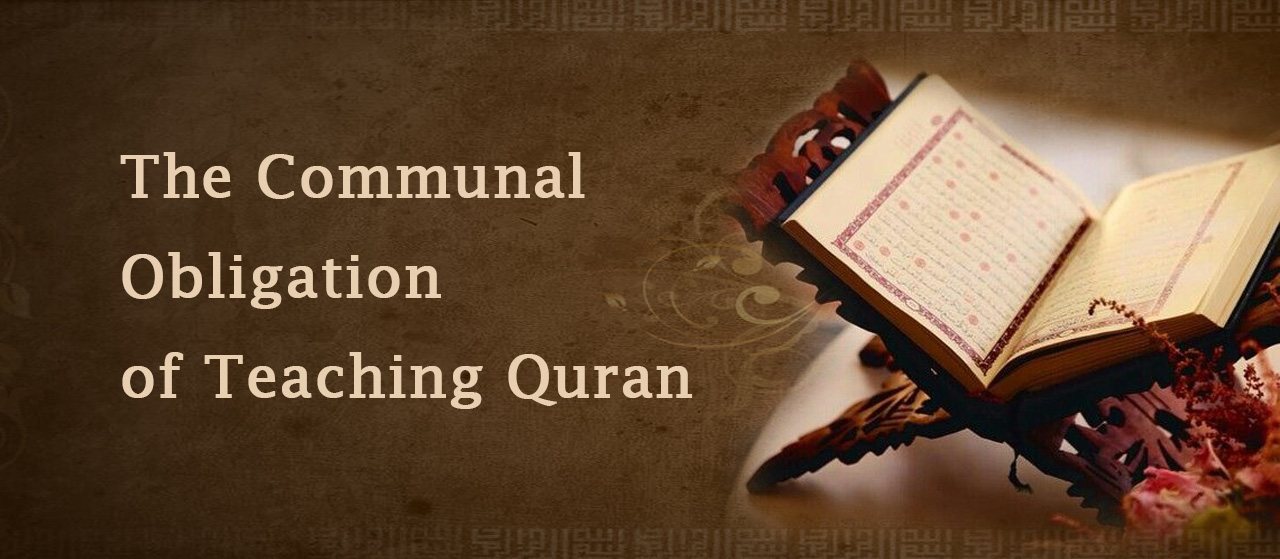The Communal Obligation of Teaching Quran
Teaching is a communal obligation. If only one individual is right for the task, then it becomes his personal obligation. But in the context of a community, in which there is a group of people through whom [the duty of education) may be discharged, [they are all obliged].
If all of them refuse, then all have sinned; if some of them establish [education], then the sin falls from the rest. If one of them is requested to teach but refuses, the preponderant of two opinions is that he is not a sinner, although it is offensive for him to [refuse] without excuse. Resolved to Teach It is recommended that the teacher be fully committed to teaching [his students], preferring it over his personal worldly matters that are not critical.
It is recommended that he empties his heart of all preoccupying matters — and they are many and known — while sitting for their recitation. It is recommended that he be resolved to making them understand. He should give each student what is suitable for him, that is, he should not give a greater [workload] to one who cannot bear the increase, nor should he lessen the load for one who can indeed bear the addition. He should request the students to repeat what they have memorised.
Moreover, he should praise a student whose excellence is manifest, as long as there is no problem with conceit or something else that may be feared of him. He should gently admonish whoever falls short in his studies, as long as he does not fear alienating him.
Never should a teacher envy a student for excelling, nor harbor thoughts that what God has bestowed upon him is excessive. This is because envying even strangers is strictly unlawful.
How is it, then, with envying a student who is like one’s own son, and whose excellences shall cause his teacher to reap abundant reward in the Hereafter and excellent praise in this world?
Source: Etiquette With The Quran by Imam An-Nawawi
Please visit our website Jannat Al Quran.


